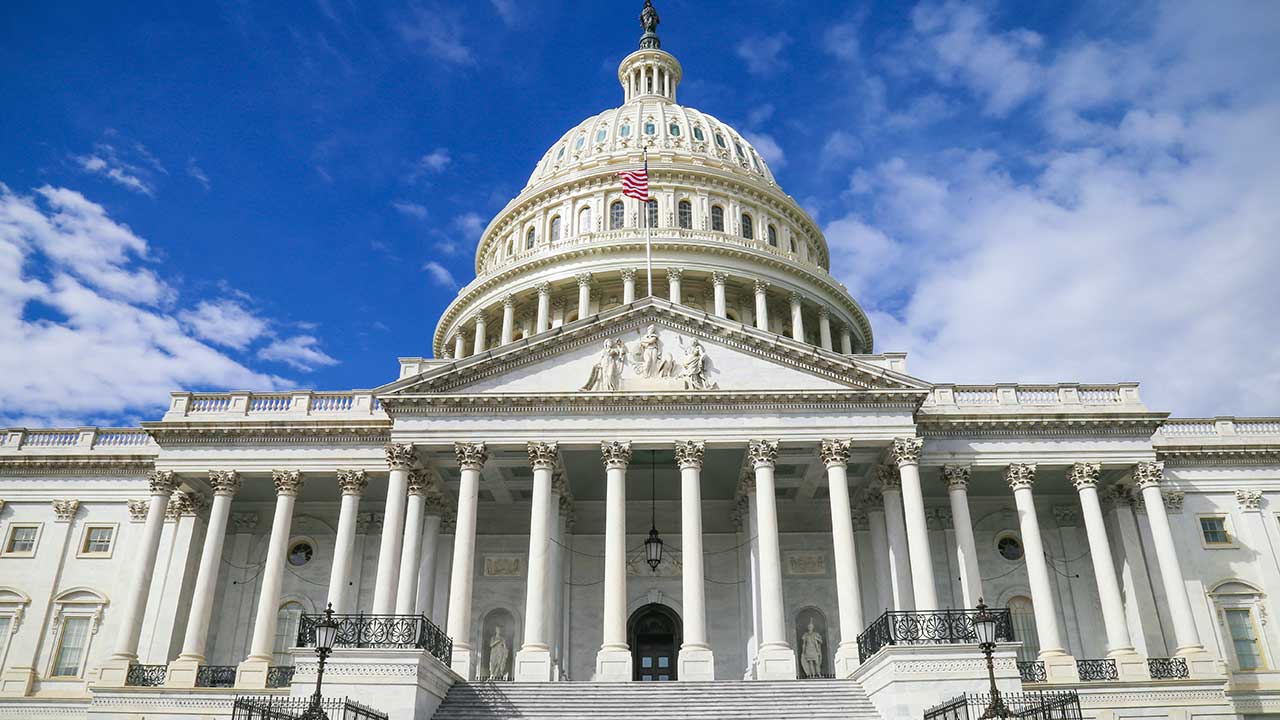Regulating CBD in Food Gaining Steam in Congress
Summarize

U.S. Representative Kathleen Rice introduced the CBD Product Safety and Standardization Act of 2021 in the House of Representatives in December 2021.
It takes years and many attempts to pass most legislation, and this is true for the regulation of CBD in food. U.S. Representative Kathleen Rice introduced the CBD Product Safety and Standardization Act of 2021 in the House of Representatives in December 2021. The primary purpose of the bipartisan bill is to enable the Food and Drug Administration (FDA) to regulate CBD food products, excluding CBD supplements, like it regulates all food products. This is not the first attempt by Congress to establish new laws concerning CBD and cannabis.
Though there are already many CBD food products sold in various states and online, the lack of federal-level regulation providing clear guidance has created a difficult situation for CBD food product manufacturers and retailers. They must balance state, local and federal laws concerning CBD. Now there is growing hope that Congress will step up and pass a bill that would allow CBD food products to be regulated by the Food and Drug Administration (FDA). Separate legislation is needed because CBD remains on the Controlled Substance list as a drug, and food and beverages containing drugs cannot be sold in the marketplace.
Representative Morgan Griffith, one of the legislation writers, said,
“Demand for CBD products has surged, but Food and Drug Administration regulations do not reflect this new reality. As a result, adulterated or unsafe products are available that threaten consumer health, and businesses lack clarity. The CBD Product Safety and Standardization Act would require the FDA to address the issue and ensure more certainty in the CBD marketplace.”
Rice’s bill requires that food products containing CBD would have to comply with the Fair Packaging and Labeling Act, pass specified safety requirements, name the conditions of intended use and name maximum amounts per serving. The regulations are welcomed by hemp farmers and manufacturers because it is currently too difficult to follow a mix of local, state and federal rules when they are different. The lack of regulation has also made it difficult for business owners to sell CBD food products to conventional grocery stores.
Maintaining cannabis as a controlled substance at the federal level is an obstacle to developing clearer regulations at the state level. The popularity of CBD has demonstrated that people want these products, so it is incumbent on the federal government to establish reasonable laws that give business owners the freedom to grow their businesses. The Rice bill is not the first attempt to find a path forward for CBD legitimacy and still needs many more supporters. It is encouraging that the supporters to date come from both political parties.
Share this post


0